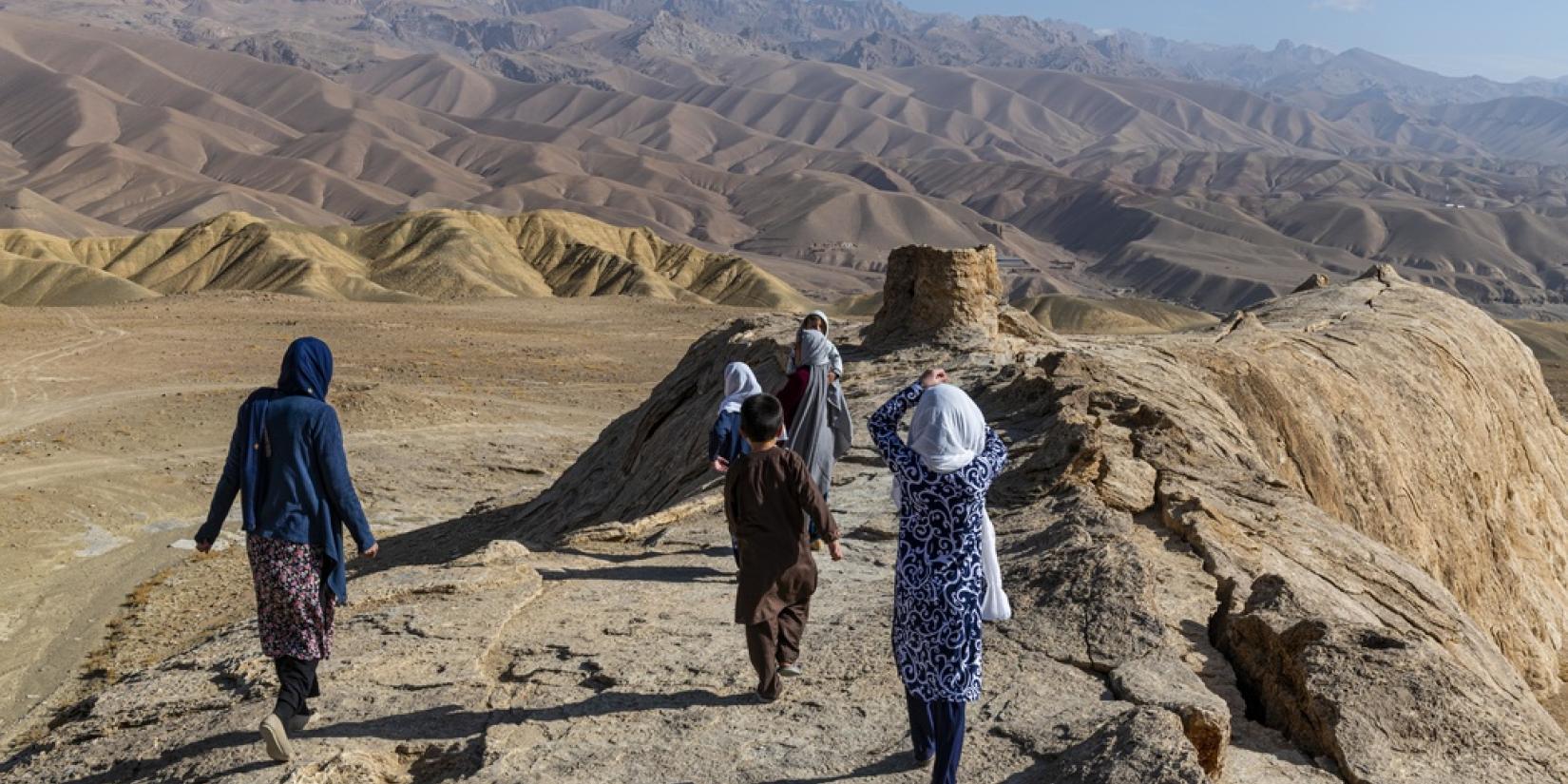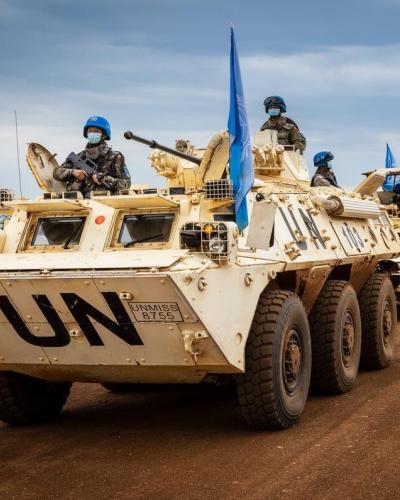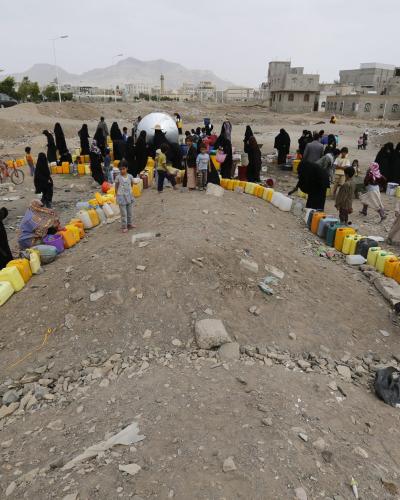On 16 March, the UN Security Council unanimously extended the mandate of the United Nations Assistance Mission in Afghanistan (UNAMA) for 12 months. As an elected member of the Council, Switzerland voted in favour of this resolution. UNAMA provides humanitarian assistance and good offices in Afghanistan, promotes and protects human rights, supports gender equality, and protects children affected by armed conflict. The mission is also mandated to promote development and governance in Afghanistan, including the rule of law. These are all issues that lie at the centre of Swiss foreign policy. On the ground, Switzerland is working with partner organisations such as the UN, the ICRC and NGOs to reduce human suffering.
The Security Council also unanimously adopted a resolution mandating an independent assessment of the situation in Afghanistan to ensure a coherent approach by political, humanitarian and development actors. A common political strategy is particularly important given the gravity of the situation. Switzerland expects the voices of women and civil society to be taken into account during this assessment.
Afghanistan is confronted with numerous, mutually reinforcing crises that have plunged the country into deep insecurity. The fall of the government in summer 2021 has led to the further deterioration of the situation – especially for women and girls. The list of incidents of violence against women and girls is long. It includes murder, honour killings and forced marriages, among others. Their access to education and work is virtually non-existent, especially since the decrees imposed by the Taliban at the end of 2022, which further restrict the rights of women and girls. Switzerland is calling on the Taliban to reverse these decrees.
Switzerland welcomes the renewal of UNAMA's mandate, as its activities are vital for the Afghan people. Two thematic areas are central to Switzerland: On the one hand, the whole of Afghan society, especially women and girls as well as ethnic minorities, must be able to participate in public life without fear of reprisals. This is essential for economic and social development as well as for lasting peace in Afghanistan. On the other hand, the plight of the civilian population is immense. More than 28 million people in the country are dependent on humanitarian aid for their survival. What is needed are not only quick but also long-term solutions, especially for food insecurity. To ensure that these efforts are successful, the Taliban must recognise the key role of women in Afghan society, economy and politics.
Swiss statement in the UN Security Council on the situation in Afghanistan




